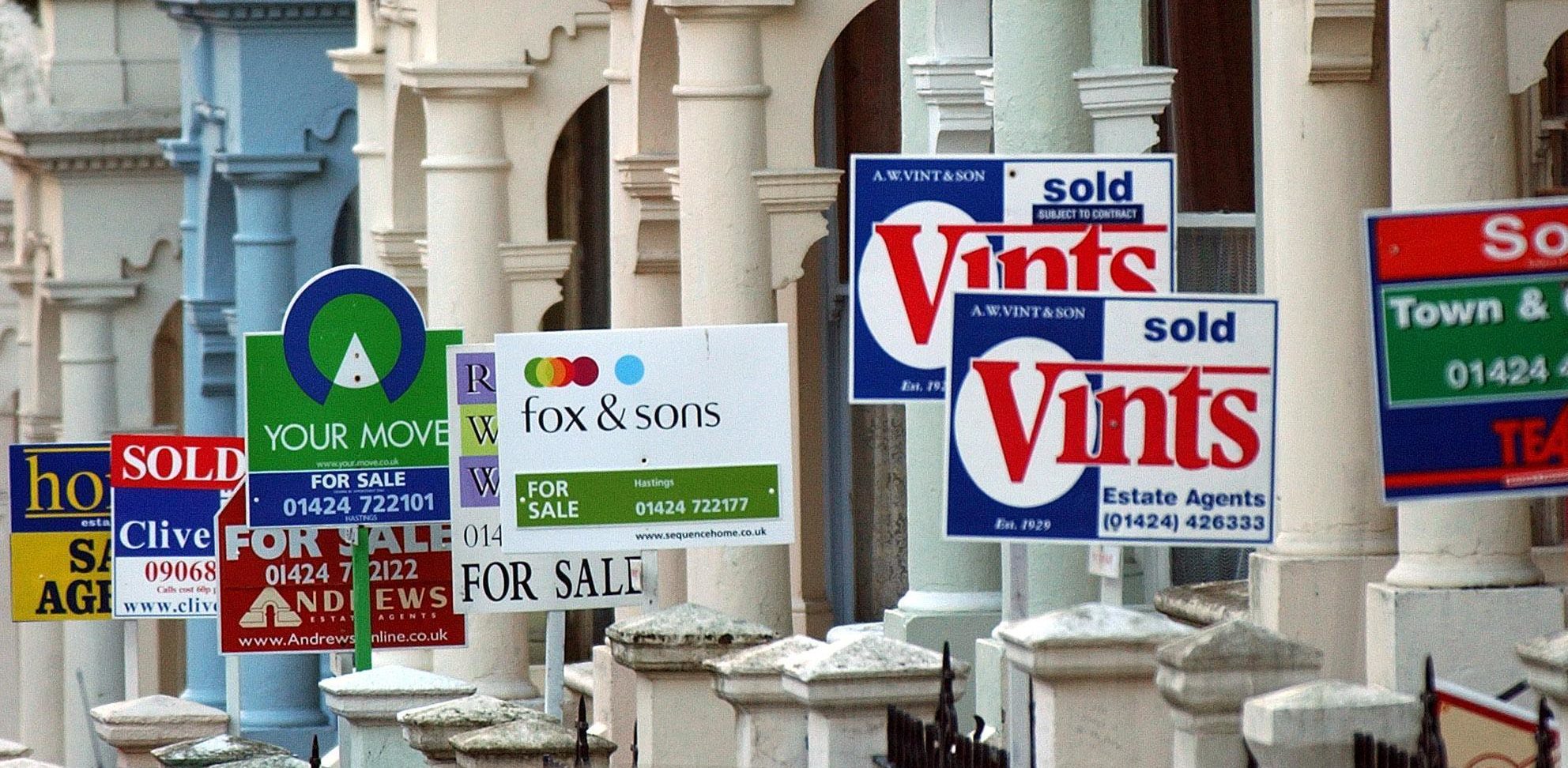Is Boris Johnson’s promise to level-up the land a hopeless dream? A new report from the Resolution Foundation looks at the differences between the poorest and richest local authority areas. A key finding is that “income gaps between places are enduring: the differences we observe in 1997 explain 80 percent of the variation in average local authority income per person 22 years on.”
One conclusion that could be drawn from this is that regional inequalities are so deeply ingrained that there’s nothing much government can do about them. But there’s an alternative interpretation — which is that the persistent geographical divide is proof that the policy framework is fundamentally flawed — and that radical change is in order.
So which of these arguments is correct? It helps to realise that though income inequality is stubbornly persistent, the underlying causes are changing.
Income is not just about wages. Other sources include investment income and social security payments. The report distinguishes between these components and finds some very interesting patterns. In particular, the authors, Lindsay Judge and Charlie McCurdy, find that investment income is an increasingly important factor. They calculate that the contribution it makes to geographical inequality has “almost doubled (up by 93 percent) since 1997.”
In other words, the investment income surge is happening in the richest parts of the country. As the old saying goes, “money comes to money” — and, specifically, it is coming to London, where the wealthy have enjoyed a bonanza from nice little earners like shares and property.
Note that this isn’t just “market forces” at work. More than a decade of government intervention — for example ultra-low interest rates and quantitative easing — has inflated the value of assets owned by the rich.
That said, the tax system has worked in the opposite direction — helping to reduce geographical and other inequalities. Furthermore, this offsetting effect has increased since 2010, contrary to what some might expect of Tory taxation policy.
However, if the Government really wants to reduce geographical inequalities — then it should go further and deliberately shift the tax burden onto investment income. Property-based income would be an especially suitable target.
According to the report, some of the steepest social security spending happens in the wealthiest places. In part, this is because the most unequal London boroughs contain disproportionate numbers of Britain’s richest and poorest people. But the authors also point out that benefits are used to help families cope with high housing costs (as well as low incomes). Thus, in effect, the social security system subsidises the property market — and the lucky landlords who profit from it.
Levelling-up means upgrading infrastructure, skills and innovation in neglected parts of the country. But it also requires a reckoning for those who have milked the system for far too long.











Join the discussion
Join like minded readers that support our journalism by becoming a paid subscriber
To join the discussion in the comments, become a paid subscriber.
Join like minded readers that support our journalism, read unlimited articles and enjoy other subscriber-only benefits.
Subscribe